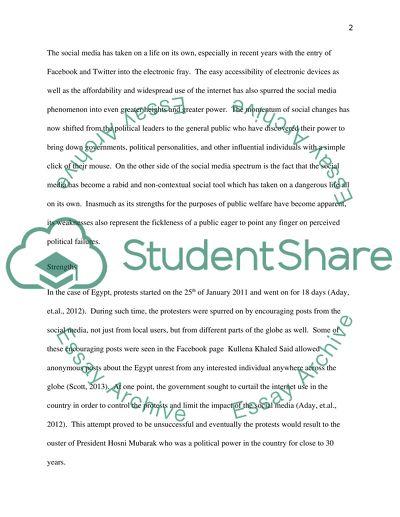Cite this document
(“Discuss the strengths and weaknesses of the role of the social media Essay”, n.d.)
Discuss the strengths and weaknesses of the role of the social media Essay. Retrieved from https://studentshare.org/journalism-communication/1472019-discuss-the-strengths-and-weaknesses-of-the-role
Discuss the strengths and weaknesses of the role of the social media Essay. Retrieved from https://studentshare.org/journalism-communication/1472019-discuss-the-strengths-and-weaknesses-of-the-role
(Discuss the Strengths and Weaknesses of the Role of the Social Media Essay)
Discuss the Strengths and Weaknesses of the Role of the Social Media Essay. https://studentshare.org/journalism-communication/1472019-discuss-the-strengths-and-weaknesses-of-the-role.
Discuss the Strengths and Weaknesses of the Role of the Social Media Essay. https://studentshare.org/journalism-communication/1472019-discuss-the-strengths-and-weaknesses-of-the-role.
“Discuss the Strengths and Weaknesses of the Role of the Social Media Essay”, n.d. https://studentshare.org/journalism-communication/1472019-discuss-the-strengths-and-weaknesses-of-the-role.


